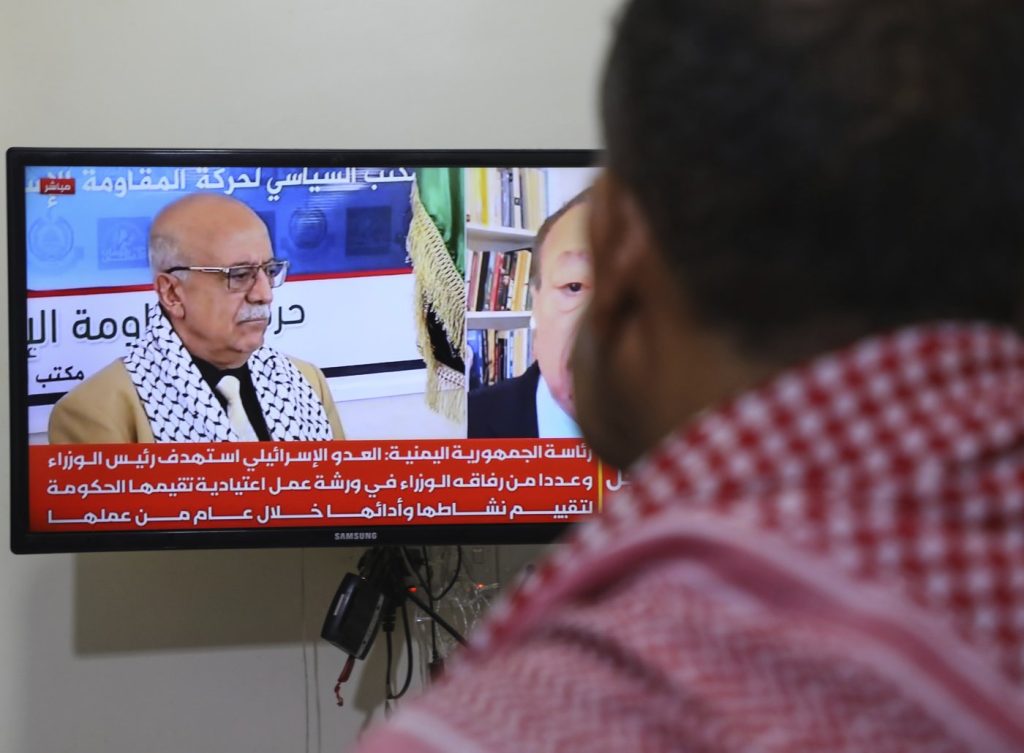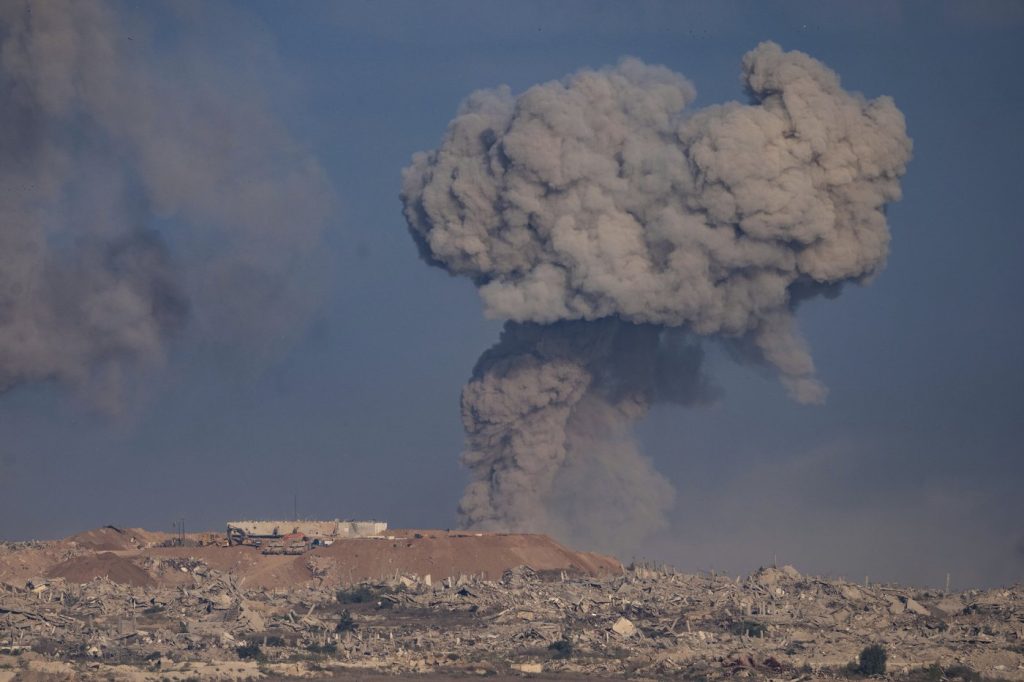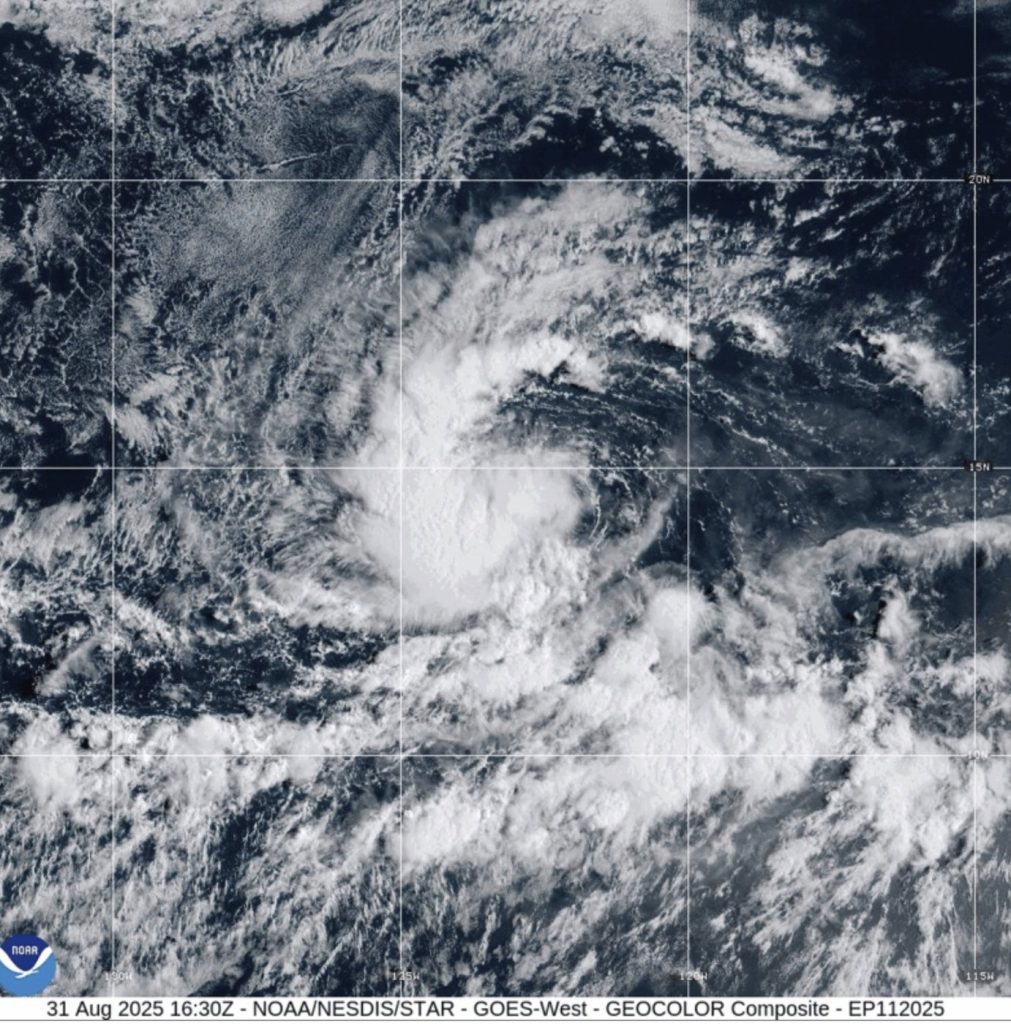CAIRO (AP) — In a significant escalation of tensions in Yemen, Iran-backed Houthi rebels raided the offices of various United Nations agencies in the capital, Sanaa, on Sunday. At least 11 U.N. employees were detained during the security forces' raid, which also targeted the World Health Organization and UNICEF. This aggressive action follows the recent assassination of Houthi Prime Minister Ahmed al-Rahawi and several high-ranking officials in an Israeli airstrike on Thursday, which has heightened unrest within the region.
Abeer Etefa, a spokesperson for the World Food Program, confirmed to The Associated Press that the Houthis conducted morning raids at the U.N. agencies' offices. The armed forces questioned employees aggressively, and there were reports of armed personnel conducting checks in the parking lots. UNICEF spokesperson Ammar Ammar stated that the agency's staffers were also detained, and efforts are underway to gather further information from the Houthis about the ongoing situation.
U.N. Secretary-General António Guterres expressed his condemnation of the detentions and the forced entrance into the U.N. premises. He called for the immediate and unconditional release of the detained individuals, not only those taken during this incident but also previous detentions. This crackdown on U.N. operations is part of a broader pattern of hostility towards international agencies by the Houthis, which has included the detention of numerous U.N. staffers and personnel from various aid organizations.
These raids followed the Israeli strike that resulted in the deaths of at least five ministers, including Prime Minister Ahmed al-Rahawi, who were reportedly attending a routine workshop aimed at reviewing governmental activities. The airstrike, which also took the life of Deputy Interior Minister Abdel-Majed al-Murtada, has been characterized by Houthi officials as a severe blow to their leadership. A funeral for the deceased ministers was announced to take place in Sabeen Square in central Sanaa on Monday.
Defense Minister Mohamed Nasser al-Attefi survived the attack, reinforcing the tensions within the Houthi leadership. Following the airstrike, the Houthis reiterated their commitment to continue their military campaign against Israel, which includes attacks launched on August 21, when they targeted Israeli territory with ballistic missiles for the first time since 2023. This backdrop of conflict has prompted U.N. envoy for Yemen Hans Grundberg to express concerns over the implications of the Houthi attacks contributing to a greater geopolitical conflict in the region, emphasizing that Yemen cannot afford to become a battleground.
The escalating violence and deteriorating humanitarian conditions have led to significant international concern. The Houthis have been vocal about their intentions to target any merchant vessels associated with Israeli ports, signifying a potential increase in hostilities in the Red Sea and beyond. The group's leader, al-Houthi, recently stated in a televised address that their military operations against Israel would be "continuous, steady, and escalating."
With the current situation growing increasingly volatile, the future of aid operations in Houthi-controlled areas, particularly in Sanaa, remains uncertain. The U.N. has previously suspended its operations in the northern stronghold of Saada following similar detentions, highlighting the challenges faced by international aid efforts under the current regime. As tensions mount, it is evident that the humanitarian impact on Yemen's population remains dire amidst ongoing conflict.












